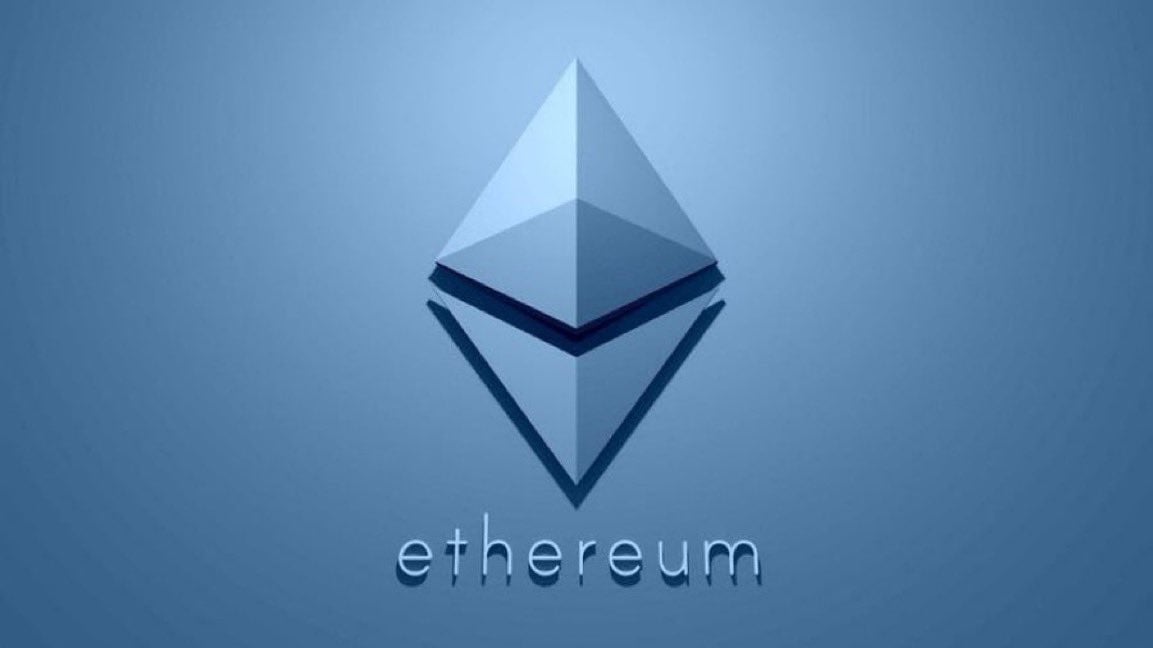
- Vaneck wants to simplify Ethereum-Staking by integrating the function into its ETF offer.
- Grayscale requests SEC permission to record staking in ETH ETFs, citing lost profits of $ 61 million.
The development of Ethereum ETFs is gaining in dynamics because large financial institutions explore new ways to offer traditional investors crypto-based yields. Vaneck, a asset manager with an administrated assets of $ 116.3 billion, is considering the integration of Ethereum-Staking into his ETF offer.
Meanwhile, Grayscale is actively trying to make regulatory changes to include staking in its Ethereum funds. If these initiatives are approved, you could redesign the way in which investors take part in the Ethereum system, and offer both flexibility and return without technical complexity.
Vaneck’s Ethereum Staking proposal could change the ETF scene
Crypto Rover just has on A great news from Vaneck indicated. One wants to offer Ethereum Staking through his ETF. This will open Ethereum premiums to a much wider audience.
In contrast to traditional staking, in which you have to block tokens and technical processes, staking will be a child’s play for private and institutional investors via an ETF.
According to Vaneck, they will be able to earn rewards by simply holding ETF shares without having to operate validators or manage wallets. This is particularly advantageous for traditional market participants who want to participate in Ethereum’s enhancing skills without having to invest in blockchain infrastructure.
ETFs are also liquid; You can buy and sell your shares on the open market. This is a great advantage over native ETH use, in which the assets are often blocked for long periods. If Vaneck successfully introduces Staking into his Ethereum ETF, he could set a new standard for crypto-based investment products.
Grayscale affects the SEC to approved Ethereum Staking
As CNF reports, Grayscale also works with the supervisory authorities in order to obtain approval for the use of Ethereum in his ETF. On April 21, the company met with the crypto department of the US Securities and Exchange Commission to propose changes to its Ethereum ETF. The requested changes would enable Grayscale to use Ethereum and to distribute the premiums to the fund owners.
According to Grayscale, the fact that it was not yet possible to make operations cost the company $ 61 million of lost rewards. The company said that staking would improve the performance of the funds and serve investors better. If it is approved, Grayscale would provide a competitive advantage in the overcrowded ETF market.
With regard to the future, Vaneck’s plans go beyond Ethereum. According to CEO Jan Vaneck, the company also works on a Solana ETF. The confidence in this proposal is great-polymarket, a crypto-based predictive platform, has an 88%chance that a Solana ETF will be approved by the end of 2025. This reflects the optimism of the market in terms of a broader introduction of ETFs in large blockchain networks.
With the development of Ethereum ETFs, which also include operations, the border between decentralized finance and traditional investments blurs. With large actors such as Vaneck and Grayscale, who postpone the borders, the regulatory decisions will determine access to crypto returns for mainstream investors in the coming months.






No Comments